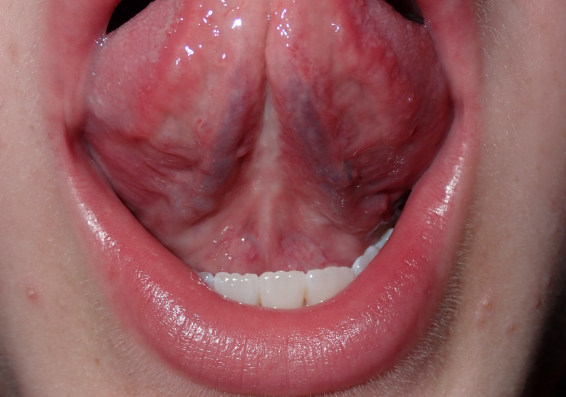

If you thought that only adults can suffer from sleep apnea, you’re wrong! Sleep apnea can occur at any age. Sleep apnea is when an adult or child stops breathing during sleep. It usually happens because something obstructs or blocks the upper airway. This is called obstructive sleep apnea (OSA).
OSA interrupts sleep and can make the body’s oxygen levels fall or carbon dioxide levels rise. This can make kids miss out on healthy, restful sleep. Consequences of untreated obstructive sleep apnea include:



The first step towards a beautiful, healthy smile is to schedule an appointment.
Please contact our office by phone 818-889-0400 or complete this appointment request form.
Our patient coordinator will contact you to assist in scheduling the right appointment for you.
It is important that we speak with you before scheduling an appointment time to ensure that we have the appropriate time set aside for your specific needs and concerns.